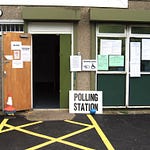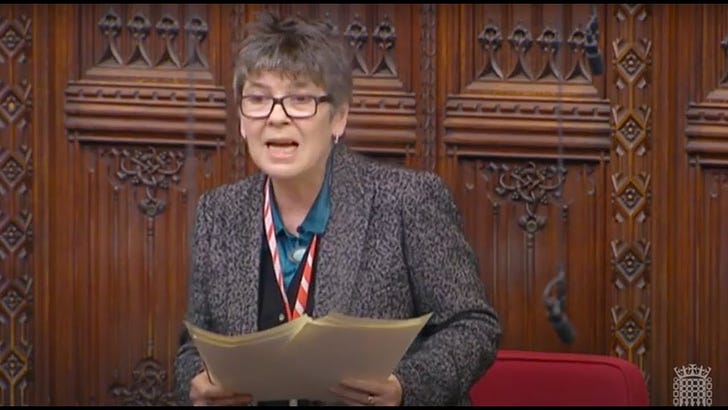Arguments over tax and inequality have moved centre stage in politics in recent years. Erstwhile Democratic Party presidential candidate Bernie Sanders declared: ‘The issue of wealth and income inequality is the great moral issue of our time, it is the great economic issue of our time, and it is the great political issue of our time.’ The World Economic Forum argues ‘A growing body of research suggests that rising income inequality is the cause of economic and social ills, ranging from low consumption to social and political unrest, and is damaging to our future economic well-being.’
Then there's the question of paying a 'fair share' of tax. The furore around the Panama Papers, which revealed the tax-avoiding strategies of many wealthy people, recalled Leona Helmsley’s infamous quote ‘We don’t pay taxes. Only the little people pay taxes.’
Should we be worried about inequality as well as poverty? Does inequality have effects on society that go beyond material disadvantage? Why have politicians become so keen on talking up inequality today? Is inequality inevitable – or even beneficial?
SPEAKERS
Daniel Ben-Ami journalist and author, Ferraris for All: in defence of economic progress and Cowardly Capitalism
Dr Yaron Brook executive director, Ayn Rand Institute; co-author, Equal is Unfair: America’s misguided fight against income inequality
Dr Faiza Shaheen economist, writer, activist; director of CLASS (Centre for Labour and Social Studies); former head of inequality and sustainable development, Save the Children
Stefan Stern director, High Pay Centre











